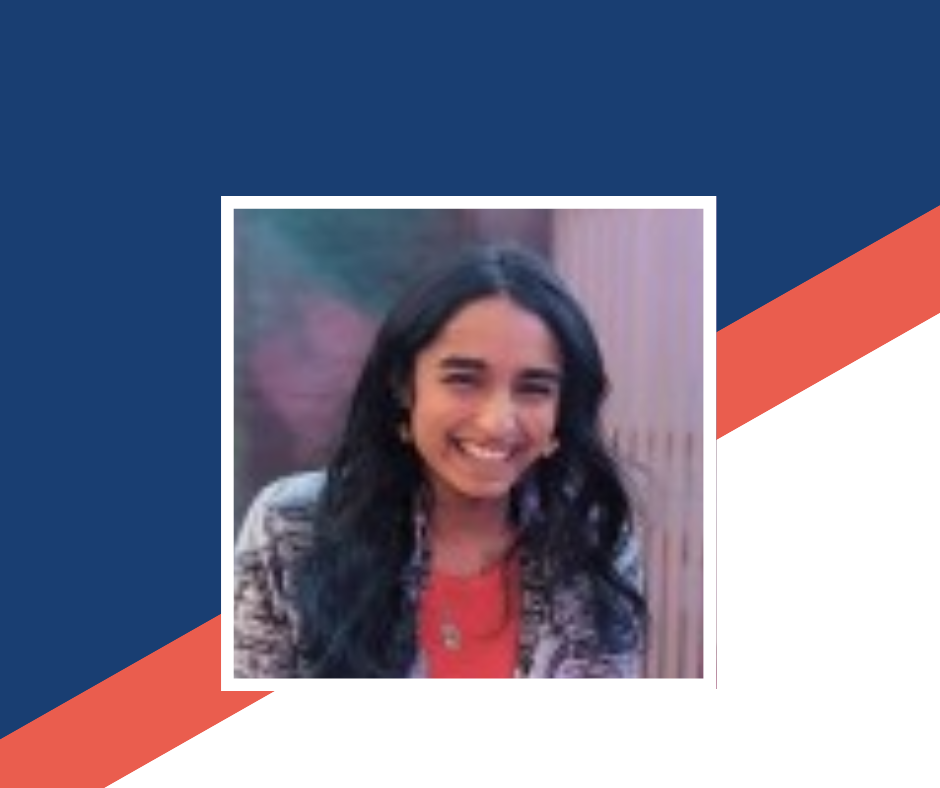The NIHR Leeds In-Vitro Diagnostics Co-operative is a partnership between Leeds Teaching Hospitals NHS Trust and the University of Leeds which provides us with access to a wide range of clinicians, scientists and academics to support with work on the feasibility and assessment projects we deliver.
We caught up with Riddhi Singh, a Medical Student Clinical Researcher from the University of Leeds who worked on a transplant immunology research project with our Deputy Renal Theme Lead Sunil Daga. Her project looked at using C1q antibody levels to improve access to transplantations for highly sensitised patients. Here is what she had to say:
What is the EXSEL programme and how did you get involved?
The EXSEL Leeds Scholarship Scheme is now in its eleventh year. Scholars are undergraduate medical students with research ambitions to become academic clinicians who are supported via a bursary to conduct research. I applied for the programme in my second year as a medical student at the University of Leeds and this is when I was introduced to Dr Sunil Daga and the renal research project that I would go on to be a part of.
What have been the benefits of being a part of the EXSEL programme?
The support system that the programme has provided me with has been invaluable. We learn from a whole community of medical experts, from the main directors who are both doctors and very experienced in research, through to past EXSEL scholars who provide advice and help on navigating the whole process.
What have been the key learnings for you so far?
I have learnt a lot and am very grateful for the support that I have received as it can be quite overwhelming understanding things such as how to go about getting research published, applying to medical conferences, and even what the etiquette around certain things is.
The programme has provided me with a serious learning opportunity. For example, I’d never done laboratory work and the topic of transplant immunology was completely new to me. Having to adapt quickly to working in a lab has been great experience as has understanding how to project manage and collaborate with different members of the clinical and research teams. Understanding what we need to glean from the research itself and pairing that with the practicalities of what’s possible in the lab environment plus what the practical limitations may be and what we can actually do with the analysis in the time that we have available, have all been key learnings that I’ll take from my involvement in the programme.
Tell us about the transplant project you have been involved in?
As part of the EXSEL programme in the summer between your second and third year you have to do a summer project. I was put in touch with Dr Sunil Daga to get involved in what has become a big project looking at kidney transplant immunology, specifically C1q-binding antibodies. The project involved focusing on patients that are highly sensitive and therefore reduced compatibility with donors as a result of which they generally have to wait a very long time before receiving a donor kidney and are still even then at a higher risk of rejection. We were looking at what proportion of their antibodies are C1q-binding to understand better the likelihood of them rejecting a transplant.
Over the summer I undertook laboratory work analysing samples from a group of patients that I selected in conjunction with the lab technical team. The lab team led by Dr Brendan Clarke were very supportive and Thermo Fisher Scientific also supported the project by providing reagents. I found all of the serum samples, undertook the lab tests, collected and analysed the results. I then wrote an abstract which was accepted for a forthcoming conference for the British Transplant Society, 2023. Throughout this entire process I was supported and mentored.
That abstract focused on one aspect but we have since collected more data which will allow us to develop that abstract further before the conference. Whereas the data we previously looked at allowed us to determine how likely someone is to receive (not reject) a transplant at one point in time, we have now also got results for the same patients looking at their C1q levels at multiple points in time. We are hoping that we will be able to look at how the levels of this antibody change over time and identify patterns so that we can better predict whether it is safe to give someone a transplant. Over time this should improve recipient acceptance rates, particularly for this group of sensitised patients.
What is the overall aim of the research?
The overall aim is to understand and better predict how successful a kidney transplant is going to be for an individual patient. The research is ultimately driven by the desire to improve patient impacts and outcomes.
How has being part of the programme influenced your future career goals?
I am very grateful to have been a part of the programme and have really enjoyed getting to grips with how these things work. In the future I do have other areas of interest that I’m keen to pursue including Global Health and I’m thinking of Surgery too. The great thing about being part of the EXSEL programme is that it will support and guide you in whatever future research areas you are interested in, and related choices that you make.
Find out more about the EXSEL programme HERE.


